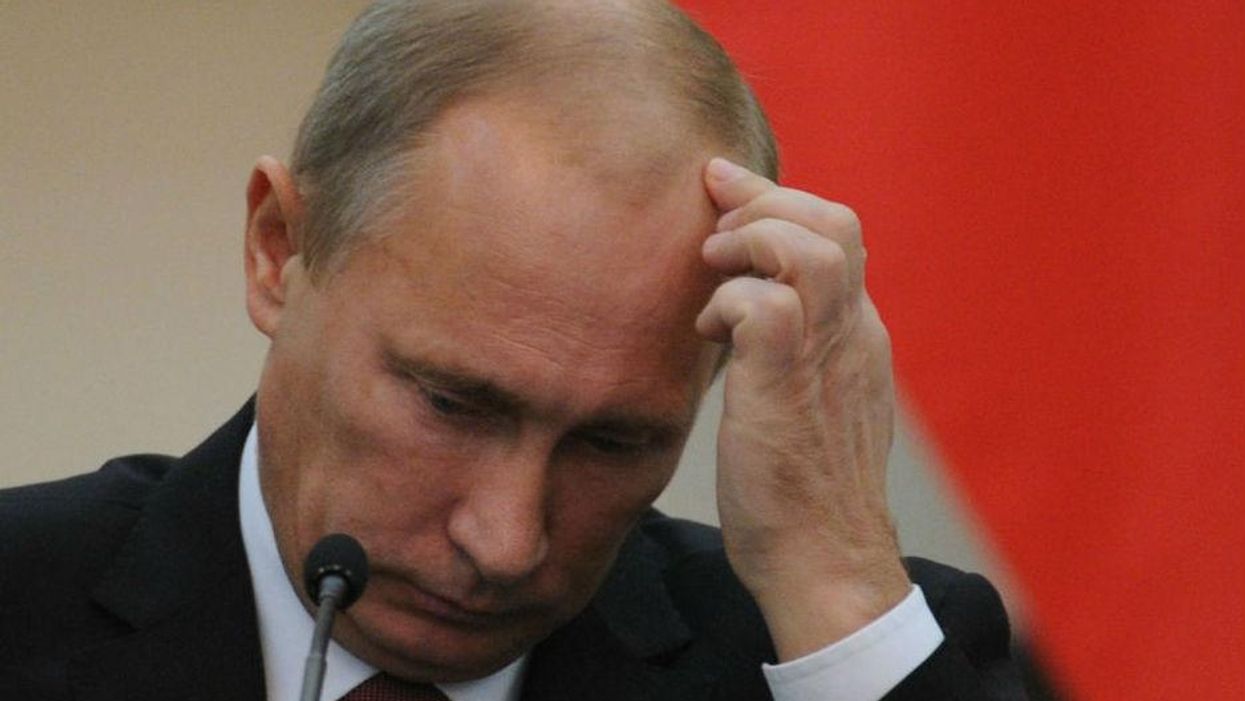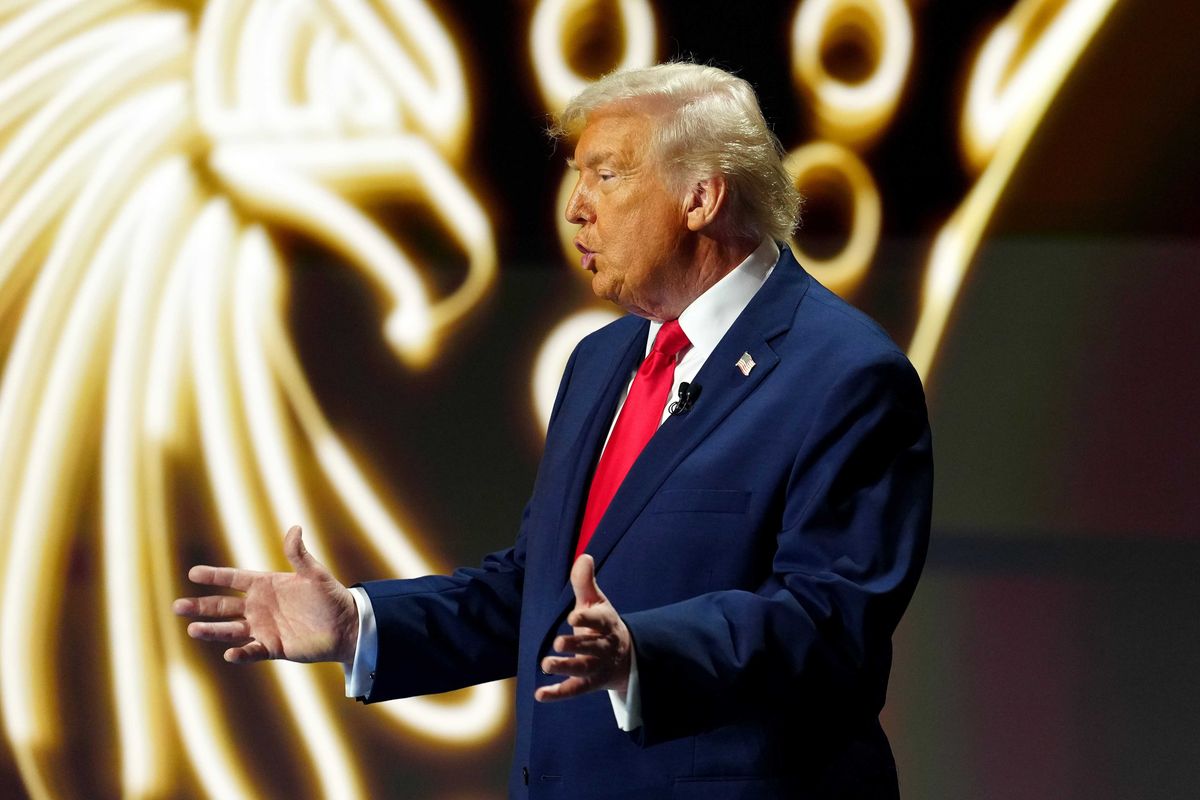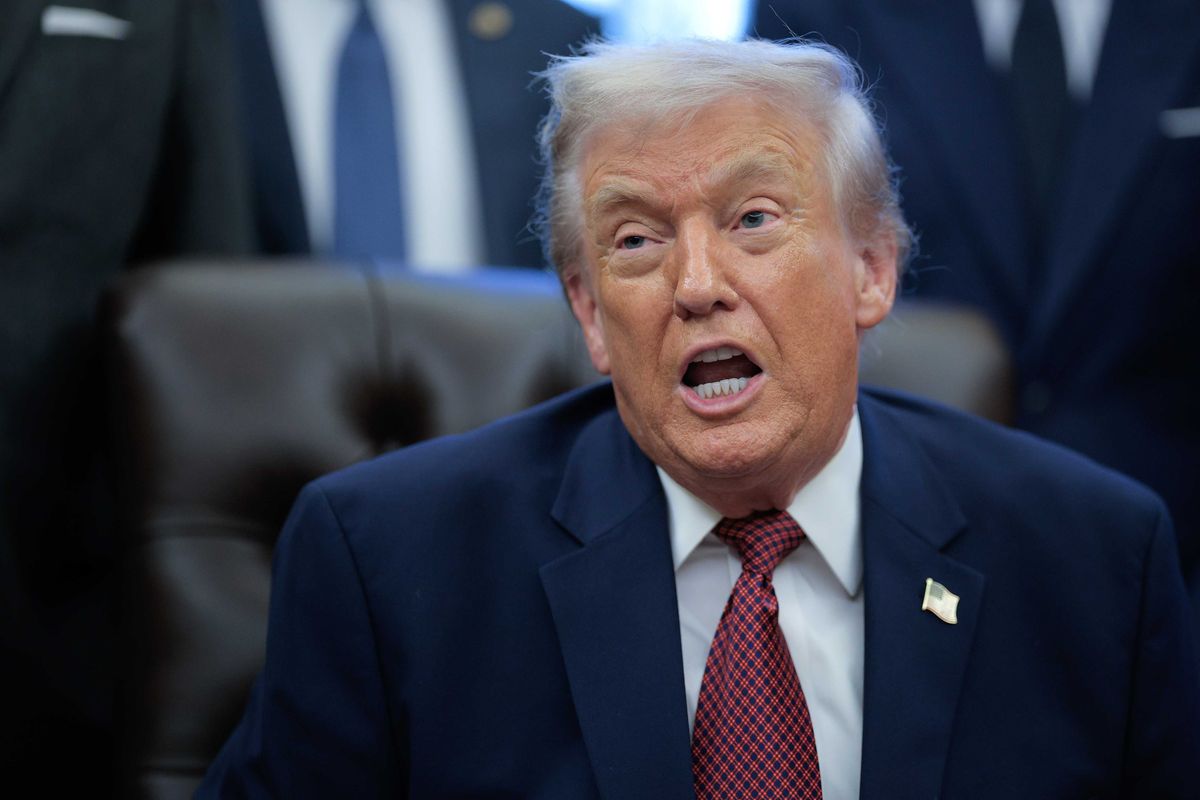News
Mary Dejevsky (edited
Jul 21, 2014

Ever since the Malaysia Airlines plane was shot down in eastern Ukraine last Thursday, the pressure has been on Russia – and on President Vladimir Putin – to admit guilt at least by association, and do something to remedy the situation.
In judging Russia's response so far, or lack thereof, the first thing to recognise is that there is no way that Mr Putin or anyone else would have been rubbing his hands in glee. The downing of a civilian airliner over Ukraine is at least as much of a catastrophe for Russia as for everyone else.
The Western assumption is that he controls what happens in eastern Ukraine, even if Russia has not actually invaded. It is not at all clear, however, that this is so.
Military hardware the rebels have at their disposal, including the missile launcher believed to have shot down the Malaysian airliner, could equally have been found in Ukraine. And appeals from Moscow to the rebels to observe a ceasefire after the Ukrainian presidential election were ignored.
The shooting down of MH17 is not just a human tragedy, of which Mr Putin is well aware: Russia was prompt in its expressions of condolences. But it is an acute political embarrassment to the Russian President.
If he was supplying and can control the rebels, he is complicit. If not, his impotence in Ukraine is exposed.
More: Should newspapers publish the true, graphic images of a tragedy like MH17?
This is an abridged version of Mary Dejevsky's column for the Independent
Top 100
The Conversation (0)













